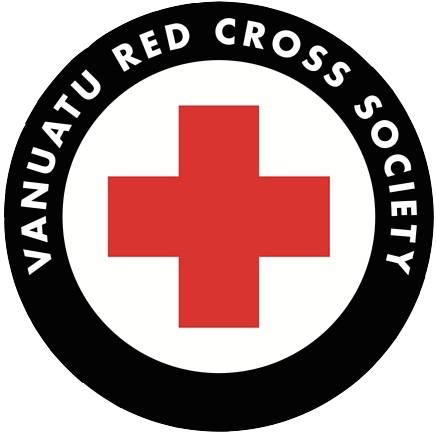A series of PHAST workshops are being facilitated by Red Cross to encourage improved hygiene behaviours, prevent diarrheal and other waterborne diseases and ultimately improve community management of water and sanitation facilities in cyclone-affected communities.
The Participatory Hygiene and Sanitation Transformation (PHAST) methodology has been used successfully in Vanuatu and around the world for decades and is currently being applied to communities on Emae, Makira, Mataso, Paama, Moso and Lelepa Islands.
“The PHAST approach builds on people’s innate ability to address and resolve their own problems,” explains Sofia Lardies, WASH Engineer at Red Cross. “By demonstrating the relationship between sanitation and health status and by increasing the self-esteem of community members, the trainings aim to empower communities to manage their water and to control sanitation-related diseases,” she says. “This is achieved through the promotion of health awareness and understanding which, in turn, lead to environmental and behavioural improvements.”
Results so far have been very encouraging. “More people have started showing interest by attending and contributing to PHAST Trainings” says Sanic Ben, a Vanuatu Red Cross Volunteer and PHAST Trainer. “I am glad to facilitate and help the people of Paama better understand the use of water for the benefit of their families”, says the 24 year old from Oailep Village on Paama.
“This initiative has laid the groundwork for communities to take their own development forward,” says Sofia Lardies. “It is a way of ensuring communities in Vanuatu are engaged and committed to carrying out successful health, water and sanitation projects now and in the future and is an approach that can be replicated successfully provided a number of supporting conditions exist”.
The trainings aim to compliment Vanuatu Red Cross’s Community-based Health and First Aid (CBHFA) project, with the overall objective to increase the resilience of selected communities in the areas of health and sanitation and compliment the work being carried out by village health workers, nurses and nurse aids. This project has been built in coordination with the Ministry of Health and Department of Geology, Mines and Water Resources, via the Health and WASH clusters in Port Vila.
Vanuatu Red Cross, supported by the International Federation of Red Cross Red Crescent Societies, Australian Red Cross and New Zealand Red Cross has been implementing various recovery activities over the past 12 months to better respond to health issues left behind by Cyclone Pam.

